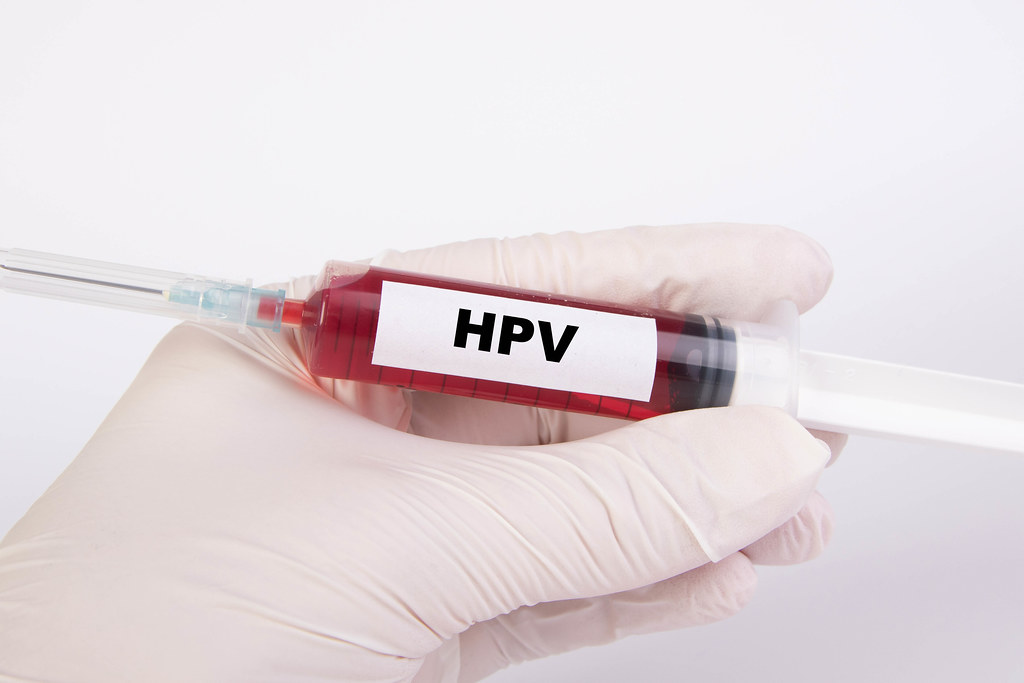The World Health Organization (WHO) has announced the prequalification of a fourth human papillomavirus (HPV) vaccine, Cecolin®, for use in a single-dose schedule. This decision follows the release of new data confirming that the vaccine meets the criteria outlined in WHO's 2022 recommendations for off-label use of HPV vaccines in single-dose regimens. This development is expected to enhance the sustainable supply of HPV vaccines, expanding access to more girls and helping prevent cervical cancer.
“Unlike most other cancers, we have the ability to eliminate cervical cancer, along with its painful inequities,” said Dr. Tedros Adhanom Ghebreyesus, WHO Director-General. “By adding another option for a one-dose HPV vaccination schedule, we have taken another step closer to consigning cervical cancer to history.”
Cervical cancer, caused by HPV in over 95% of cases, affects 660,000 women globally each year, with a woman dying every two minutes from the disease. Most of these deaths (90%) occur in low- and middle-income countries, particularly in Africa, which houses 19 of the 20 hardest-hit countries.
HPV vaccine rollouts have faced supply shortages since 2018, worsened by manufacturing issues earlier this year. These challenges have jeopardized access for millions of girls in need of the vaccine in regions like Africa and Asia.
WHO aims to have 90% of girls fully vaccinated by age 15, as part of its global strategy to eliminate cervical cancer. Dr Kate O’Brien, Director of the Department of Immunization, Vaccines, and Biologicals at WHO, emphasized that “the addition of a single-dose vaccine product means countries will have greater choice of vaccines to reach more girls,” especially in light of ongoing supply issues.
Global data from July 2024 reveals that HPV vaccine coverage for girls aged 9-14 increased from 20% in 2022 to 27% in 2023. As of September 2024, 57 countries are implementing the single-dose schedule, contributing to an additional 6 million girls being vaccinated in 2023 alone.
This progress has been bolstered by significant financial commitments from global partners, including nearly US$ 600 million pledged earlier this year. The Bill & Melinda Gates Foundation contributed US$ 180 million, UNICEF provided US$ 10 million, and the World Bank invested US$ 400 million. Gavi's ongoing support further strengthens these efforts, aiming to achieve widespread HPV vaccine coverage by 2030.
In another breakthrough, WHO prequalified a fifth HPV vaccine, Walrinvax®, in August 2024, which will help ensure a stable supply of vaccines. Walrinvax® currently follows a two-dose schedule, with further studies needed to evaluate its potential for single-dose use in the future.
These advancements signal critical progress toward eradicating cervical cancer and providing equal access to life-saving vaccines for girls worldwide.











